Business Management and Economics
Not just a subject for those seeking to be self-employed in the future or interested in a career in finance, both Business Management and Economics courses encourage pupils to think differently and strategically about the country they live in and provide an understanding of economic drivers and the foundations for building a successful business.
With experience as business owners and management consultants, as a department we are particularly well placed to provide real life insight and examples enabling us to contextualise theoretical knowledge.
A key aim is to supplement in class learning with as much practical application as possible with for example N5 Business Management pupils exploring business theories through activities such as preparing advertising campaigns, conducting market research and co-ordinating the Mary’s Meals Campaign. Our S6 pupils participate in the Young Enterprise competition each year and we also make use of the Cambridge University Exchange Rate Programme.
Business Management is offered at National 5 level. Economics is offered at IB Level.
Business Management - National 5
At National 5, pupils are introduced to key concepts and theory across three areas:
Understanding Business
- what businesses and other organisations do and why
- why customer satisfaction is crucial
- objectives and features of private and public business
- impact on the activities of businesses and other organisations by:
- external factors
- internal factors
- stakeholders
Management of People and Finance
- types of employment
- motivation of employees
- recruitment and selection
- training and development
- legislation
- sources of finance
- break-even analysis
- cash budgets
- trading and profit and loss accounts
- balance sheets
Management of Marketing and Operations
- primary and secondary marketing
- product lifecycles
- branding
- pricing and promotion
- distribution methods
- choosing a suitable supplier
- over- or under-stocking
- ethical production methods
- quality
Economics - IB
Economics deals with the big questions; which goods and services will be produced and who gets them? It starts on a small scale, thinking about individual households and firms, and moves out to look at whole economies and eventually the relationships between economies through international trade. Along the way vital issues relating to unemployment, inflation, economic growth and inequality are considered, with a real emphasis on the well-being of people and the sustainability of our current economic systems. The emphasis within IB Economics is not on irrelevant economic theory and abstraction but on the way economic theory can be used to explain and evaluate real world economic problems and situations. Although economics might not seem to be able to help us explain why it is so difficult to buy a decent used car, why there is always chocolate displayed in the area of the petrol station where you queue or why free vaccinations might save the government money in the end, it can. By the end of the IB Economics course everyone should be able to use the insights of economics to understand almost anything which is happening in the world around them.
Book recommendation – Freakonomics: A Rogue Economist Explores the Hidden Side of Everything.
This department brings real life into the classroom, and with its experience as business leaders and management consultants, is able to contextualise theory and ensure learners can make valuable connections to the world around them.
We explore business theories through active learning such as preparing advertising campaigns, conducting market research and co-ordinating the Mary’s Meals Campaign.
The department offers:
- Homework club on Friday lunchtime
- Young enterprise is an extra-curricular competition solely for S6 pupils
- Cambridge University Exchange rate programme
Book a tour
To find out more about how we engender hard work and determination in our young people, come and visit us and meet our dedicated teaching staff and speak to our pupils.
